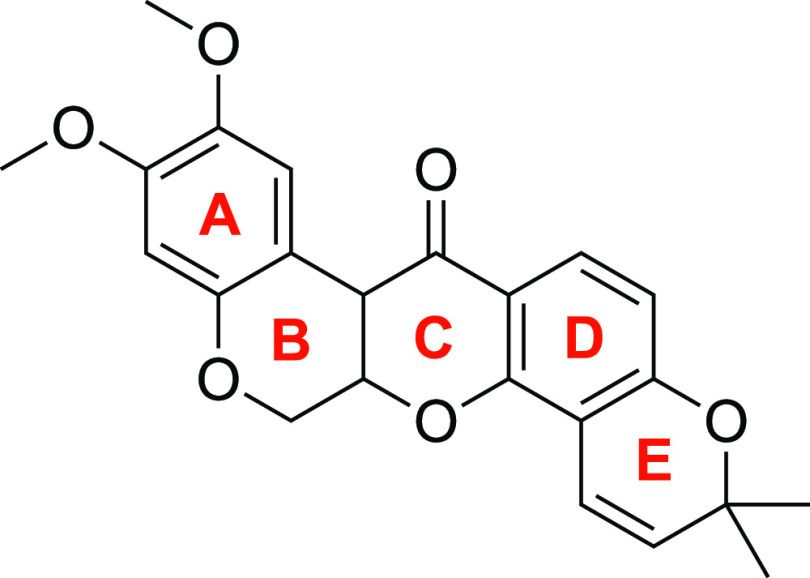Scientists from the University of the Philippines – Diliman College of Science (UPD-CS) have modified a compound used to treat colon, lung and cancer that they say makes it “safer” and “more effective.”
According to a statement released by the UPD-CS, Science Research Specialist John Alfon Francisco and Dr. Monissa Paderes of the UPD-CS Institute of Chemistry (UPD-CS IC) have addressed the issue of using the anti-cancer compound deguelin, which was originally used as a pesticide and fish poison.
Francisco and Paredes addressed these concerns by altering the structure of deguelin that exhibited “better” qualities than the original compound, the institute added.
Preliminary tests done on human cancer cell cultures revealed reduced adverse effects, prompting Paderes and her collaborators to conduct further research into the safety of these compounds.
“We were amused to find that some compounds have improved anticancer properties than its parent compound, deguelin, with some even surpassing the effectiveness of the commercially available anticancer drug doxorubicin,” Francisco said.
Not only that, some versions of the altered compounds were also “more effective” against specific types of cancer, the researchers added.
“The simplicity of the structures, as well as the straightforward synthesis of these compounds, add to the novelty of this study,” Dr. Paderes emphasized.
The researchers created the altered versions by shortening a part of deguelin known as the BCE ring, making the new versions more akin to the deoxybenzoin compound, recognized for its antibacterial and antioxidant properties.
Despite its huge commercial potential, their research is still in its early stages. The next phase involves testing the modified anticancer compounds on animal models.
If the compounds are proven effective on animals, it will move on to clinical trials, where it will be tested on humans with colon, lung, or breast cancer. If proven successful, the Food and Drug Administration (FDA) will review and approve the rollout of the compounds as cancer treatments.
“The goal would be to advance these compounds toward clinical trials and potential development as novel anticancer therapeutics,” Paderes concluded.
CAPTION: Chemical structure of deguelin. (Photo credit: Francisco, J. A., & Paderes, M. C. Inhibitory effects of B-, C-, and E-ring-truncated deguelin derivatives against A549, HCT116, and MCF-7 Cancer Cells. ACS Omega, 8(45): p. 43109–43117)
#Health #Cancer #UP #AntiCancer #UniversityOfThePhilippines #OpinYon #WeTakeAStand
